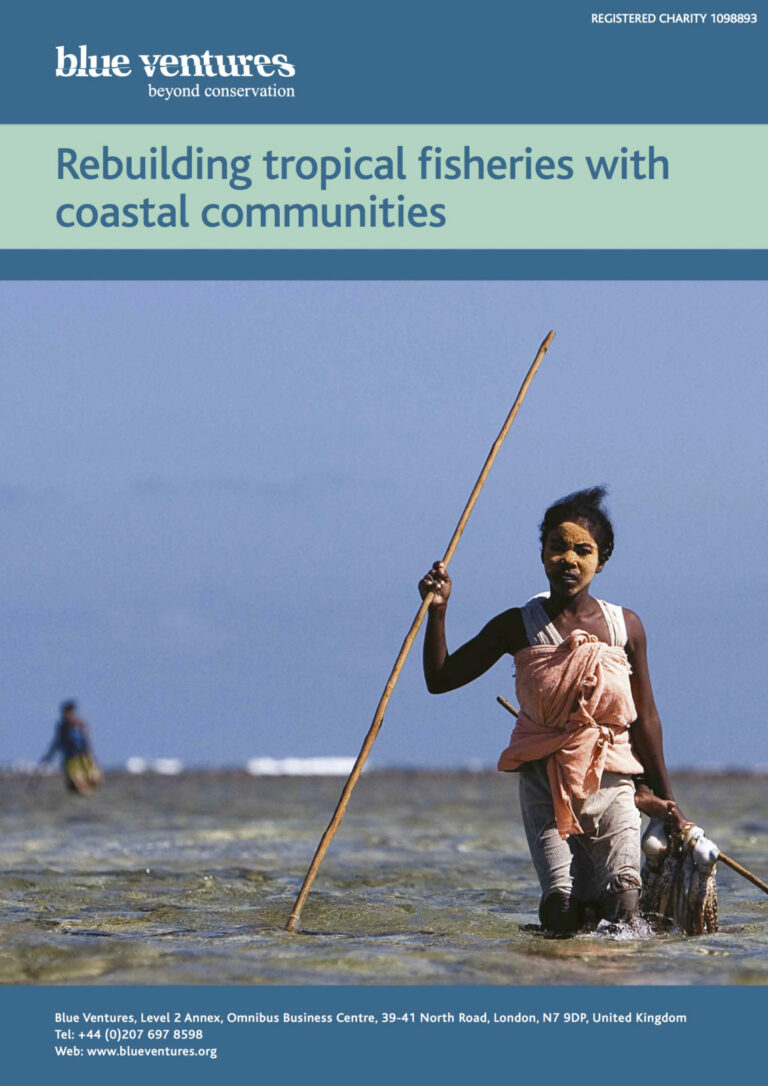Marine conservation efforts often fail when short-term costs are perceived to outweigh future benefits, which may be uncertain. All too often, forgoing fishing in protected areas represents a severe economic sacrifice for coastal communities, and the promised ‘spill-over’ benefits of marine protection can be slow to accrue. As a result, conservation goals are often at loggerheads with local needs, disenfranchising traditional resource users.
Reconciling the interests of the conservation and fishing sectors requires new approaches that overcome the opportunity costs of surrendering fishing in a protected area, in timeframes that work for communities. Our models work by demonstrating that fisheries management can yield meaningful economic benefits for communities and seafood buyers, in realistic timescales. Only by making this connection can marine conservation be sustained and scaled beyond its current limited scope.
We empower coastal communities to manage their own resources, developing rights-based fisheries management plans aiming to sustain local fisheries and safeguard marine biodiversity.












